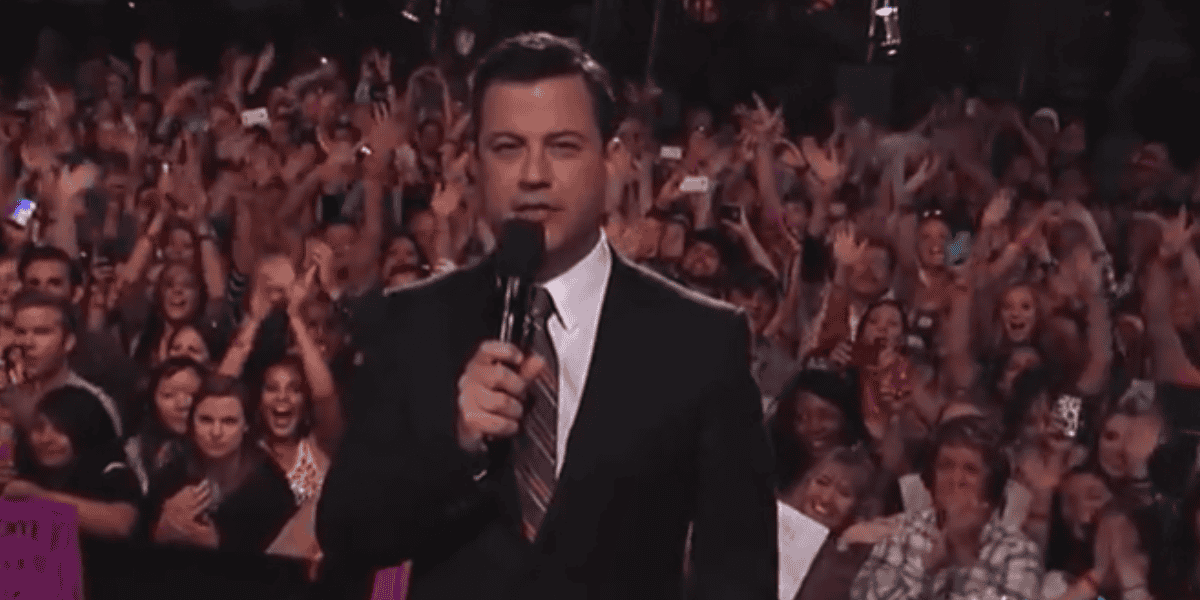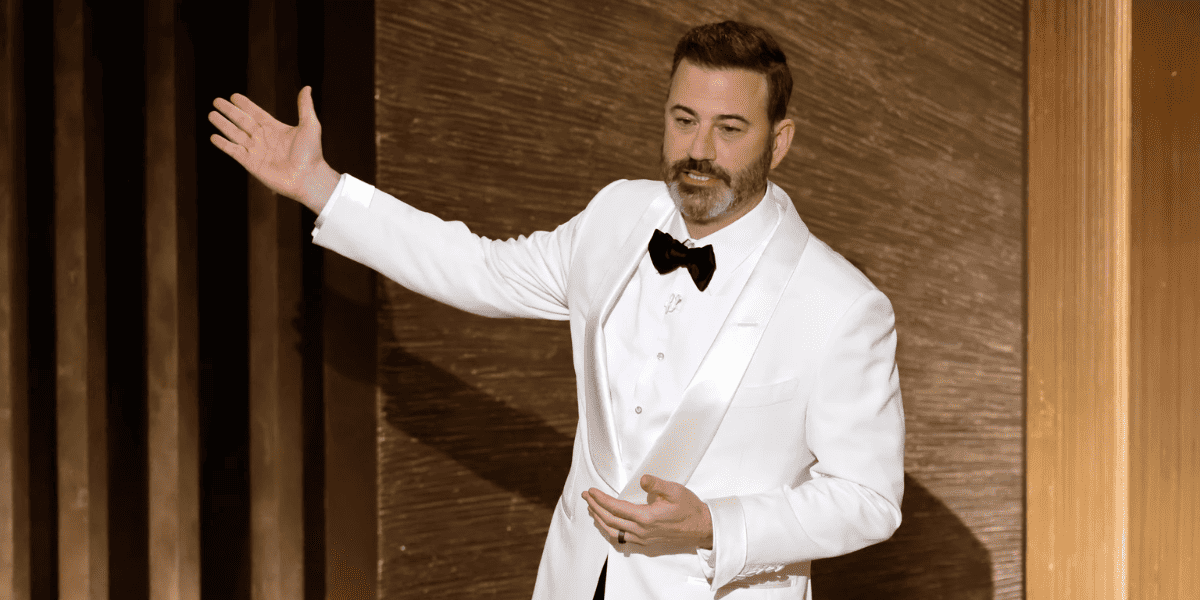The Business Behind Disney Shelving Jimmy Kimmel
Disney’s Strategic Decision-Making
The removal of Jimmy Kimmel from the airwaves represents a significant strategic decision for Disney, shaped by internal dynamics and external pressures from major broadcasting entities. Recent controversies surrounding Kimmel’s comments have prompted Disney executives to act, prioritizing the company’s public image over its content lineup. The immediate implications of this decision are profound, as Kimmel’s absence from the screen serves as a clear signal of Disney’s sensitivity to public and political reactions.
Pressures from entities such as Nexstar, which pulled Kimmel from its ABC-affiliated networks, played a critical role in this decision. Nexstar’s actions were rooted in its need to align with broader regulatory expectations, pushing Disney to reconsider the longer-term effects of maintaining controversial programming on its brand. Disney executives gathered to discuss the matter following Nexstar’s announcement, reflecting a mix of disbelief at Kimmel’s comments and genuine concern for the repercussions his continued presence might generate.
The implications for Disney’s brand image extend beyond late-night television. By shelving Kimmel, Disney aims to bolster its positions with key broadcasting partners, ensuring its interests remain intact amid an evolving media landscape.
The Role of Political Influences
Political influences, particularly comments by the Federal Communications Commission (FCC) chairman, have significantly impacted Disney’s decision to suspend Kimmel’s show. The FCC chairman publicly called for broadcasters to avoid airing Kimmel’s program, effectively placing a spotlight on the late-night host’s remarks. This situation underscores the intermingling of politics and media, where the influence of regulatory bodies can lead to swift changes in programming decisions.

Historically, Disney has navigated political waters with varying degrees of alignment. The company’s responsiveness to political pressure reflects an overarching desire to maintain favorable relationships with regulatory bodies while safeguarding its sprawling entertainment empire. This context illuminates the delicate balance Disney must maintain as it maneuvers through the regulatory landscape while trying to uphold its creative expression.
The political ramifications of Kimmel’s comments illustrate the power dynamics in the media sector. As media companies face increasing scrutiny from regulators and audiences, their responses can often shape the broader narrative around free speech in entertainment.
Financial Stakes and Mergers
At the heart of this decision lies a web of financial stakes tied to Nexstar’s ongoing merger with Tegna, which could create the largest station owner in the United States. This multi-billion-dollar deal demands careful navigation of regulatory approvals from the FCC and the Department of Justice, making it critical for companies to present a united front against any narrative that could undermine their business interests. The decision to shelve Kimmel appears strategic, allowing Disney and Nexstar to tell the FCC that they are addressing potential controversies that could hinder regulatory approval.

The financial consequences of media cancellations extend beyond short-term hits to viewership. For Disney, maintaining an image of professionalism and accountability is essential for securing current deals and future opportunities in a competitive media environment. Companies like Nexstar and Disney understand that their financial health is often tied to public perception, which can be heavily influenced by the content they choose to promote or withdraw.
Disney’s favorable positioning could hinge on how effectively it manages its relationships within the industry, particularly when such large-scale mergers necessitate cooperation among stakeholders like regulatory bodies and broadcasting partners.
Future of Late-Night Programming
Kimmel’s suspension represents a potentially pivotal moment in the late-night television landscape. His future as a host hangs in the balance, with speculation surrounding whether this hiatus will be permanent or temporary. The ripple effects of this decision may lead to changes in how late-night shows navigate controversial topics in the future, with other hosts now likely contemplating the implications of their own comments.

Kimmel’s absence invites discussions about the evolving nature of late-night television and its relationship with the wider socio-political climate. The suspension raises questions about creative freedom versus accountability, as talent navigates sensitive cultural commentary.
The broader implications for free speech in the media cannot be understated. Disney shelves Jimmy Kimmel, leaving industry insiders and audiences to ponder what this means for the future of expression in entertainment. The incident serves as a reminder of the power dynamics at play and how content decisions reflect artistic endeavors and commercial realities.






Reinstate Jimmy Kimmel